
Organic Farming in South Africa
Organic farming in South Africa involves producing food crops and livestock in harmony with nature. Seen in the light of water shortages and deterioration of soil quality in South Africa, it becomes vitally important to preserve our natural resources.
The Oranjezicht City Farm.
This means using water-wise crops, improving soil quality, the economic use of water as well as ensuring the humane management of animals.
South Africa Online ® aims to help farmers to operate in a more sustainable way by providing easy-to-read content on organic farming in South Africa.
These ‘how-to’ guides are translated in all 11 official South African languages in the hope to empower old and young to grow food and rear animals in a way less harmful to nature.
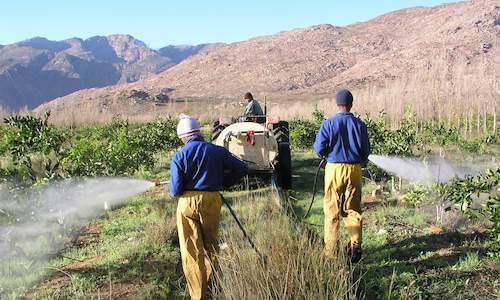
Fungi can be difficult to control in an organic farming system; the fungicides on the market are not suitable for organic farming. Commercia...
more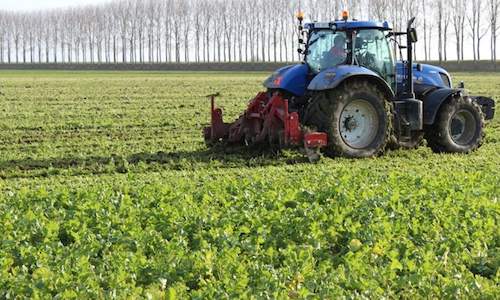
Green manure is the planting of a crop with the sole purpose of improving the soil. Green manure (cover crops) improves the soil quality in ...
more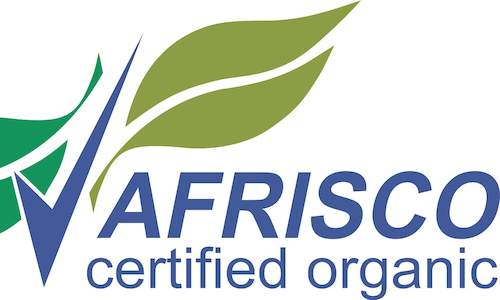
The South African Organic Sector Organisation (SAOSO) is the umbrella under which PGS‐SA and Afrisco can help producers become formally re...
more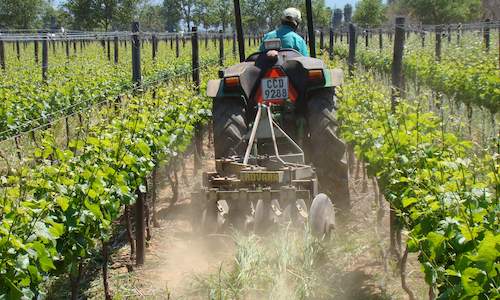
Important steps to improve soil health: Use organic material in the soil as it stimulates the growth of bacteria. Soil microbes - effective ...
more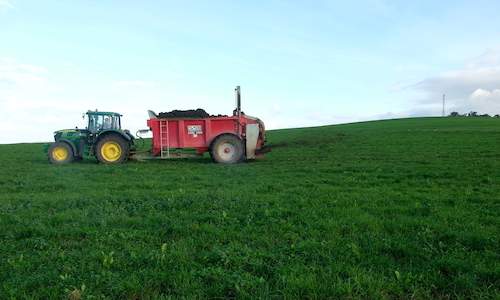
Animal manure is often used in organic agriculture because it is rich in organic material and nutrients. Raw or untreated manure may burn pl...
more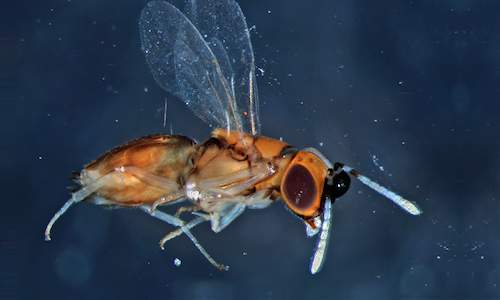
The most natural and cost effective way of pest control is to protect the natural enemies of pests. In turn, these natural predators can hel...
more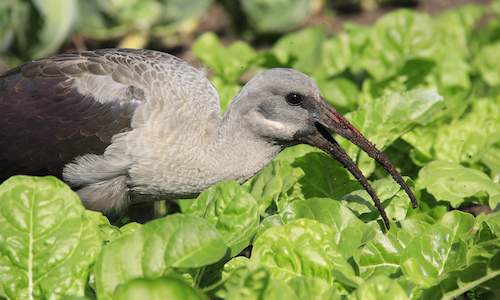
Biological control methods include a wide variety of options, including pheromones, repellents and natural enemies as well as biological ‘...
more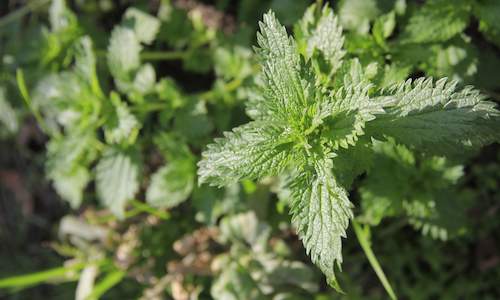
In organic farming, the use of pesticides is not allowed, so natural pest control is done. There are commercial products such as neem oil an...
more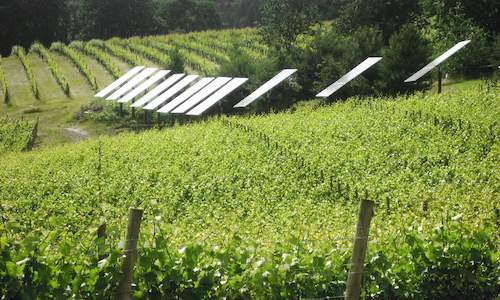
Sustainable agriculture is the production of crops and livestock in harmony with nature in order to sustain or preserve natural resources. I...
more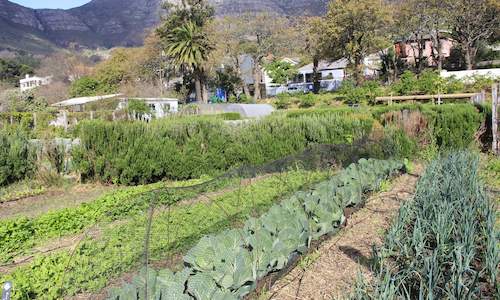
Weeds are considered by organic farmers as ‘indicator plants’. Plants grow preferably where they find the food they need in an environme...
more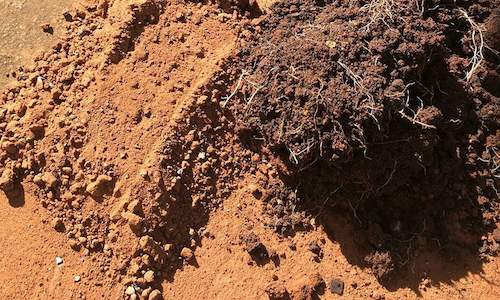
Agroecology is a science as well as an agricultural practice and has become a global movement. The basic principle of agroecology focuses on...
more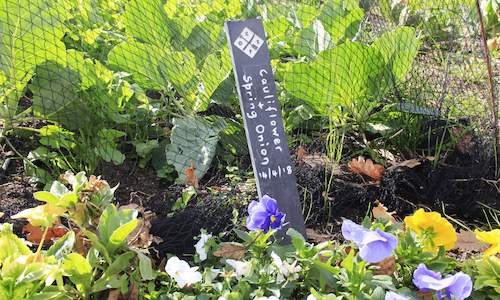
Companion planting and intercropping is when two or more crops, both beneficial to each other, are planted in close proximity of each other ...
more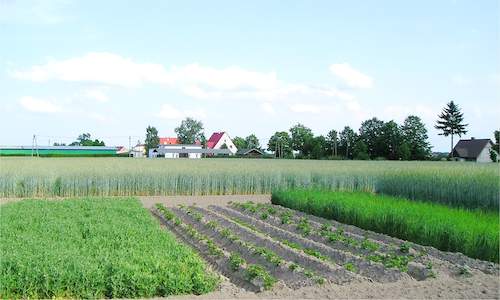
Crop rotation is the variation of different crops in consecutive planting seasons. Annual crops (such as vegetables or grains) should not be...
more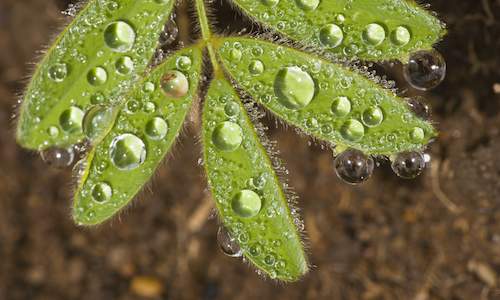
Foliar feeding is a highly effective way to supply nutrients to plants. This is done by spraying soluble minerals as a fine mist on the leav...
more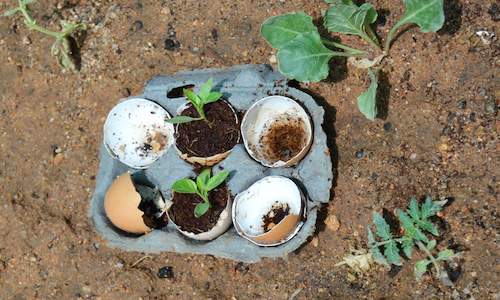
Organic farming is the process of using environmentally friendly farming methods to improve soil health, to protect the environment and to e...
more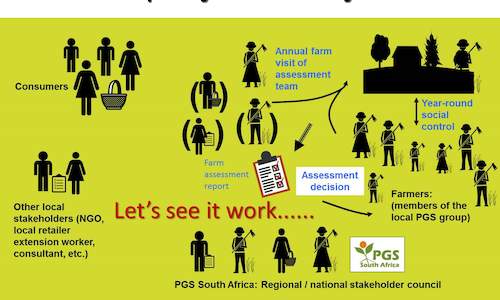
The current worldwide food and financial crisis has demonstrated the inability of the chemical model of agriculture to alleviate hunger and ...
more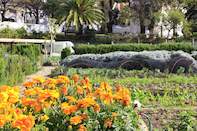
 Fungi can be difficult to control in an organic farming system; the fungicides on the market are not suitable for organic farming. Commercia...
Fungi can be difficult to control in an organic farming system; the fungicides on the market are not suitable for organic farming. Commercia... Green manure is the planting of a crop with the sole purpose of improving the soil. Green manure (cover crops) improves the soil quality in ...
Green manure is the planting of a crop with the sole purpose of improving the soil. Green manure (cover crops) improves the soil quality in ... The South African Organic Sector Organisation (SAOSO) is the umbrella under which PGS‐SA and Afrisco can help producers become formally re...
The South African Organic Sector Organisation (SAOSO) is the umbrella under which PGS‐SA and Afrisco can help producers become formally re... Important steps to improve soil health: Use organic material in the soil as it stimulates the growth of bacteria. Soil microbes - effective ...
Important steps to improve soil health: Use organic material in the soil as it stimulates the growth of bacteria. Soil microbes - effective ... Animal manure is often used in organic agriculture because it is rich in organic material and nutrients. Raw or untreated manure may burn pl...
Animal manure is often used in organic agriculture because it is rich in organic material and nutrients. Raw or untreated manure may burn pl... The most natural and cost effective way of pest control is to protect the natural enemies of pests. In turn, these natural predators can hel...
The most natural and cost effective way of pest control is to protect the natural enemies of pests. In turn, these natural predators can hel... Biological control methods include a wide variety of options, including pheromones, repellents and natural enemies as well as biological ‘...
Biological control methods include a wide variety of options, including pheromones, repellents and natural enemies as well as biological ‘... In organic farming, the use of pesticides is not allowed, so natural pest control is done. There are commercial products such as neem oil an...
In organic farming, the use of pesticides is not allowed, so natural pest control is done. There are commercial products such as neem oil an... Sustainable agriculture is the production of crops and livestock in harmony with nature in order to sustain or preserve natural resources. I...
Sustainable agriculture is the production of crops and livestock in harmony with nature in order to sustain or preserve natural resources. I... Weeds are considered by organic farmers as ‘indicator plants’. Plants grow preferably where they find the food they need in an environme...
Weeds are considered by organic farmers as ‘indicator plants’. Plants grow preferably where they find the food they need in an environme... Agroecology is a science as well as an agricultural practice and has become a global movement. The basic principle of agroecology focuses on...
Agroecology is a science as well as an agricultural practice and has become a global movement. The basic principle of agroecology focuses on... Companion planting and intercropping is when two or more crops, both beneficial to each other, are planted in close proximity of each other ...
Companion planting and intercropping is when two or more crops, both beneficial to each other, are planted in close proximity of each other ... Crop rotation is the variation of different crops in consecutive planting seasons. Annual crops (such as vegetables or grains) should not be...
Crop rotation is the variation of different crops in consecutive planting seasons. Annual crops (such as vegetables or grains) should not be... Foliar feeding is a highly effective way to supply nutrients to plants. This is done by spraying soluble minerals as a fine mist on the leav...
Foliar feeding is a highly effective way to supply nutrients to plants. This is done by spraying soluble minerals as a fine mist on the leav... Organic farming is the process of using environmentally friendly farming methods to improve soil health, to protect the environment and to e...
Organic farming is the process of using environmentally friendly farming methods to improve soil health, to protect the environment and to e... The current worldwide food and financial crisis has demonstrated the inability of the chemical model of agriculture to alleviate hunger and ...
The current worldwide food and financial crisis has demonstrated the inability of the chemical model of agriculture to alleviate hunger and ...